Principles & Practices of Organic Farming
Panditji Jawaharlal Nehru was noted to quote “Everything else can wait but not agriculture” which shows the deep knowledge he possessed regarding agriculture. It is estimated that there are 30,000 farmers engaged in organic agriculture in India. With second largest arable land next only to USA, a hoary agricultural tradition, India sustains the second largest population in the world. The ancient land has been tilled since time immemorial and has seen the rise and fall of kingdoms and empires. However, agriculture is still the back bone of Indian economy providing succor to 65 percent of the population. The average age of an Indian being 25, the pangs of youth and energy need is manifold. The demographic dividend has to be milked fully if India needs to go beyond the current development rate of 8% through provision of affordable and nutritious food. Dependence of inorganic fertilizers has led to burgeoning fertilizer subsidy thus siphoning off funds that are crucial to develop irrigation potential. Application of organics for supplementing chemical fertilizers and slowly improving soil potential can usher in evergreen agriculture. This book covers the whole spectrum of organic farming starting ancient wisdom to current day research and will be useful to all those who would like to know about organic farming.
Get it now and save 10%
BECOME A MEMBER
-

History of Science, Philosophy and Culture in Indian Civilization: Theistic Vedanta (Volume II, Part III)
-
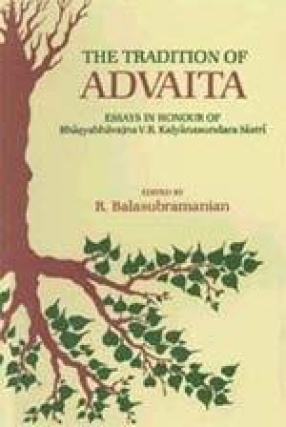
The Tradition of Advaita
-

History of Science, Philosophy and Culture in Indian Civilization: The Enworlded Subjectivity: Its Three Worlds and Beyond (Volume XI, Part 4)
-

Perspectives in Philosophy Religion and Art
-
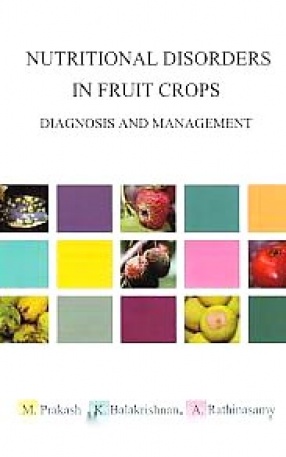
Nutritional Disorder in Fruit Crops: Diagnosis and Management
-
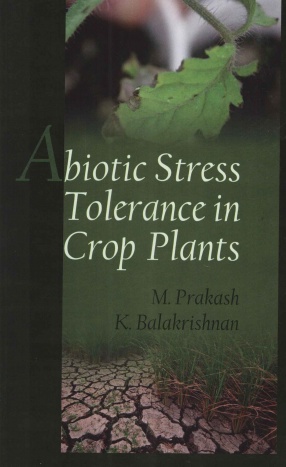
Abiotic Stress Tolerance in Crop Plants
-
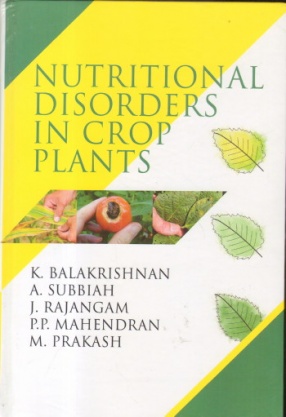
Nutritional Disorders in Crop Plants
-
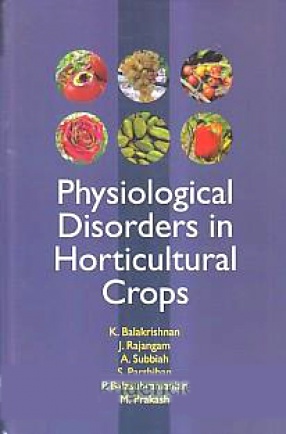
Physiological Disorders in Horticultural Crops

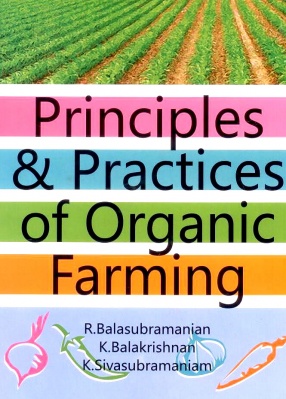
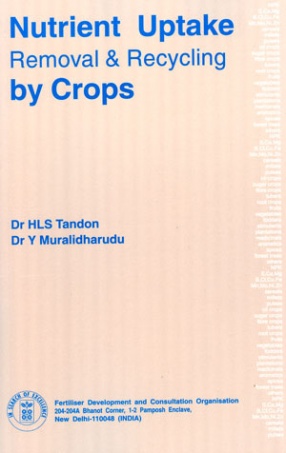
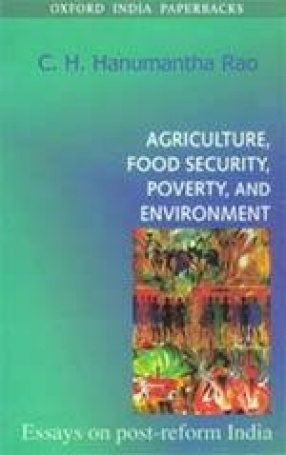

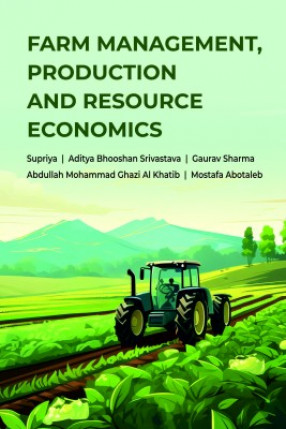

Bibliographic information
K. Balakrishnan
K. Sivasubramaniam